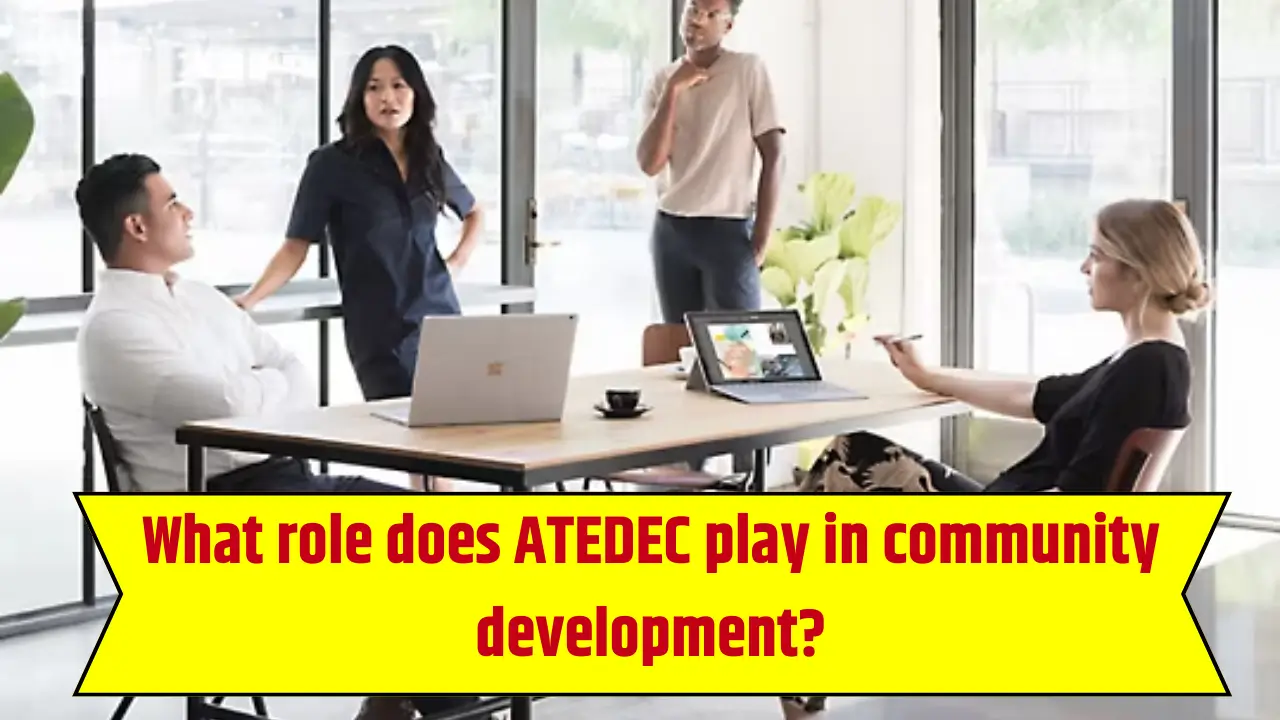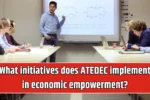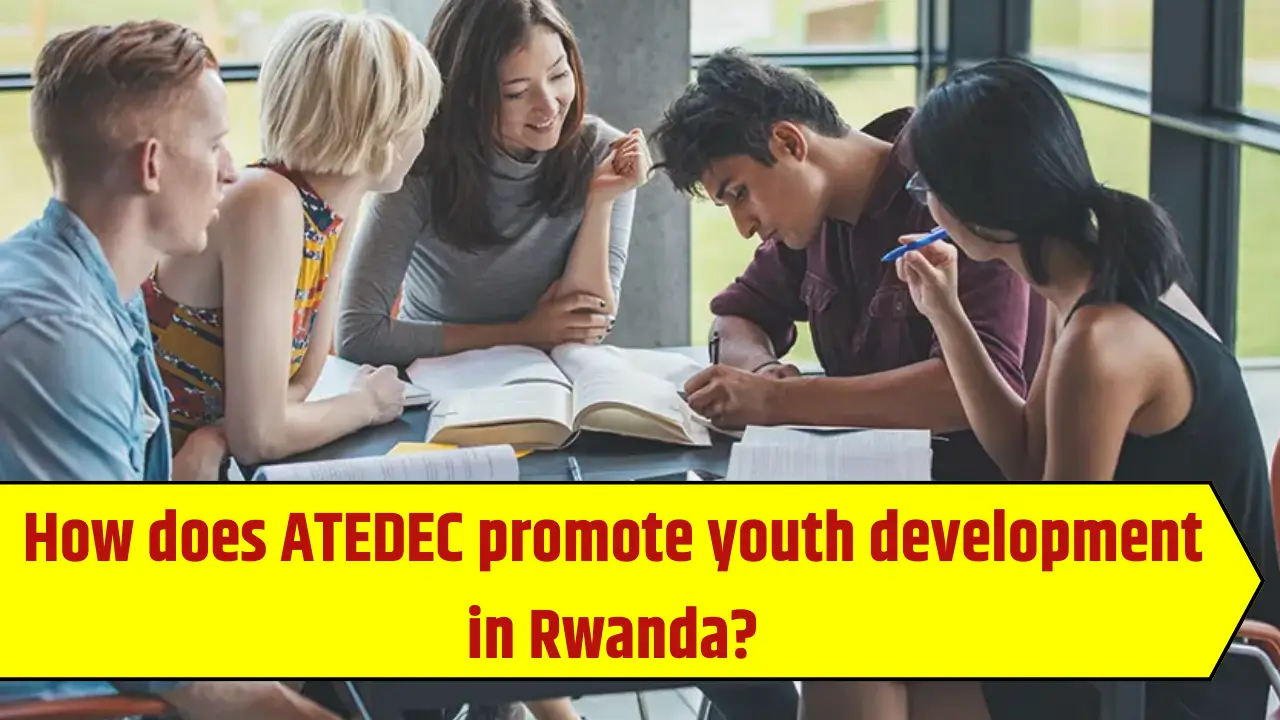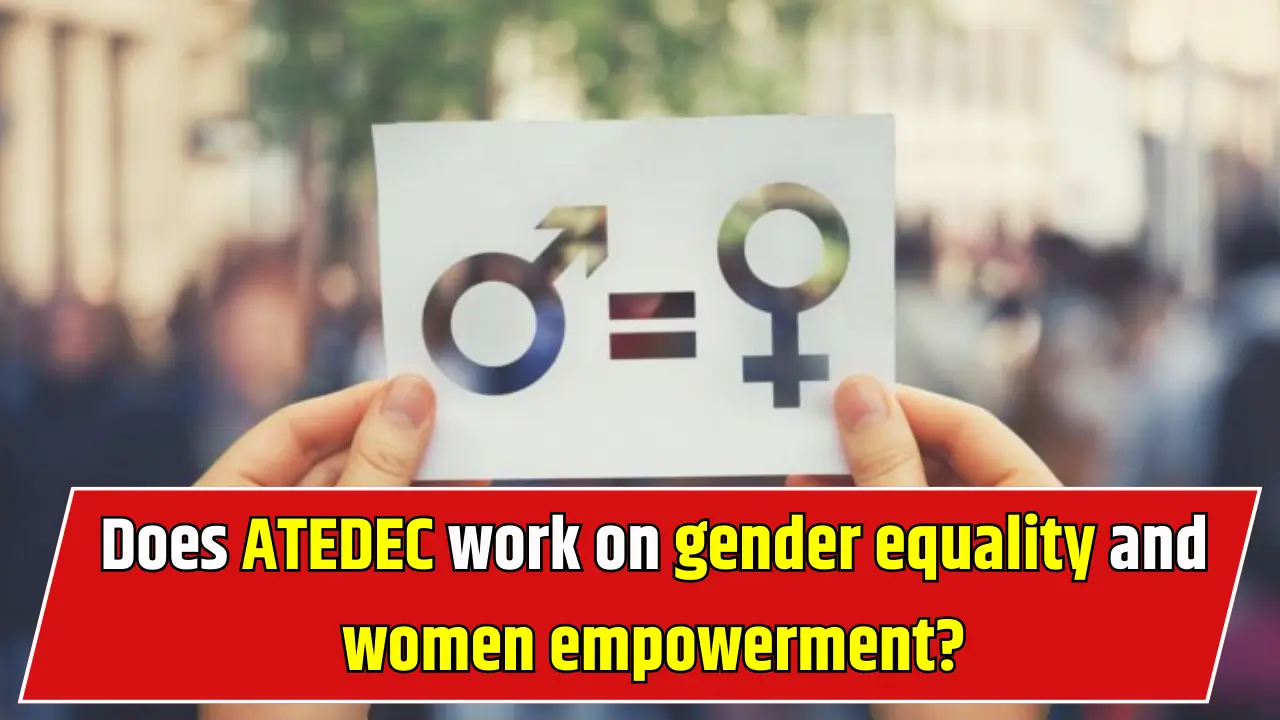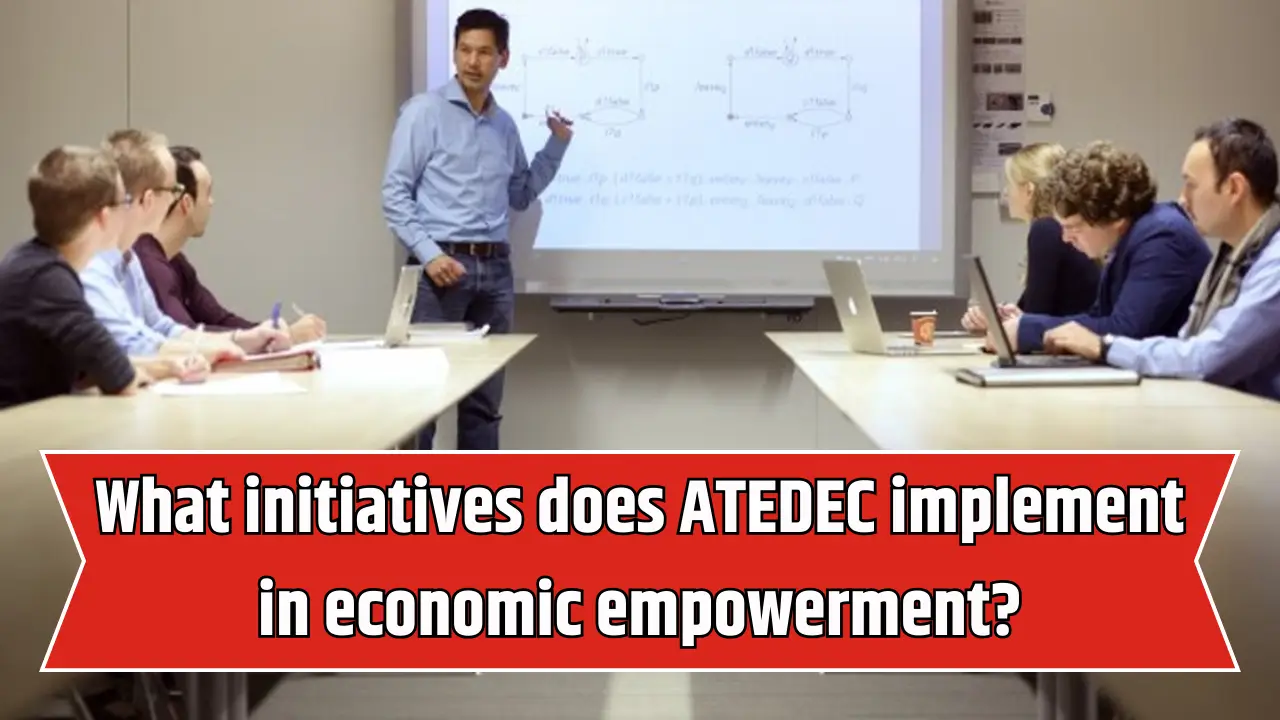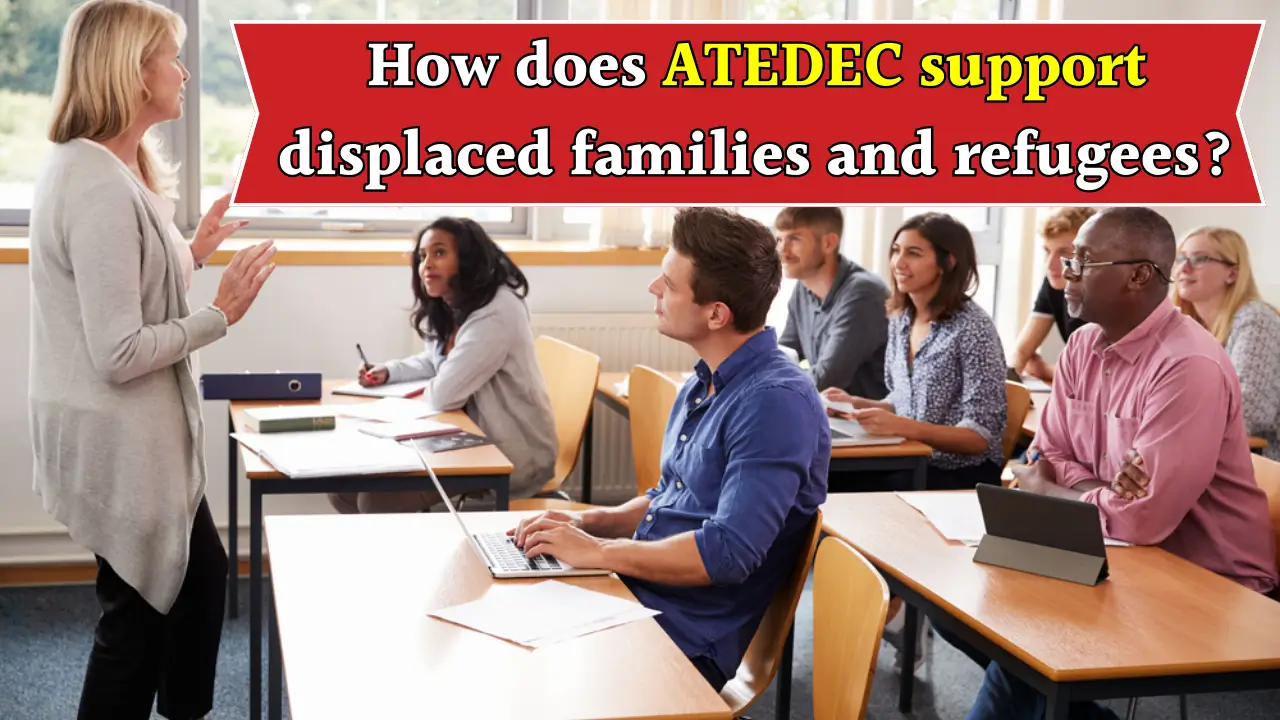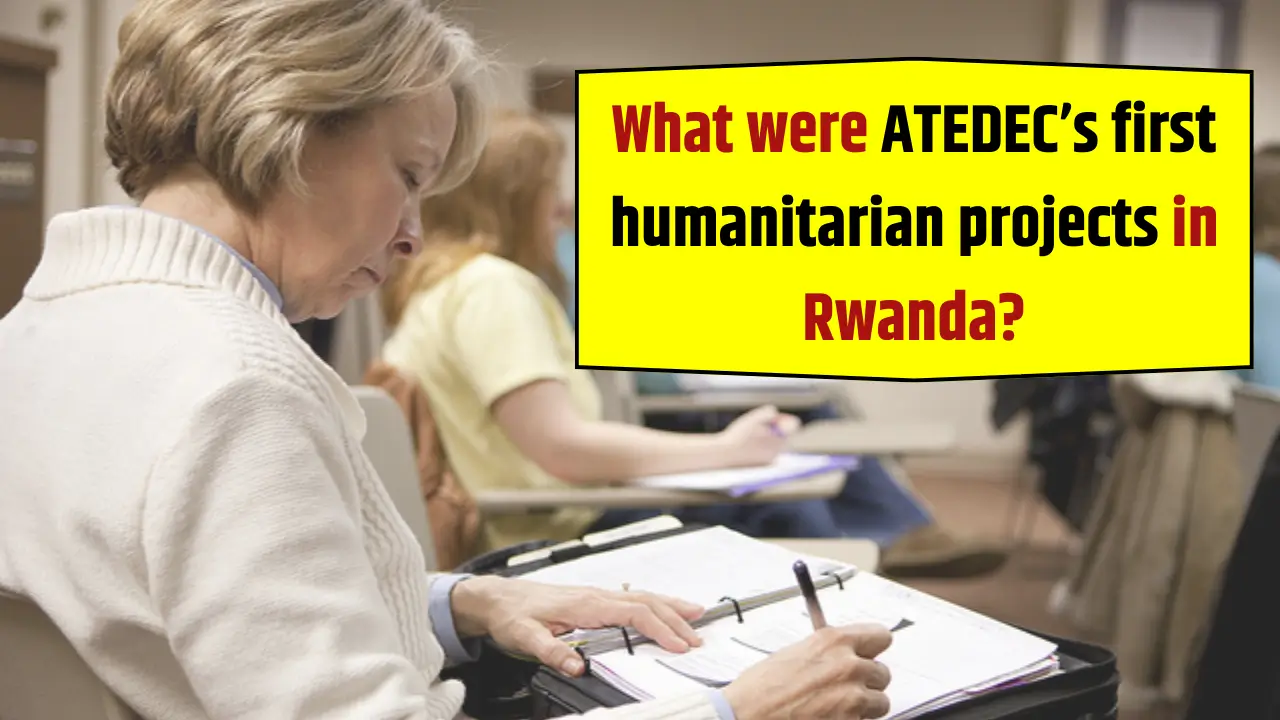ATEDEC (Action Technique pour un Developpement Communautaire) is a pivotal NGO in Rwanda, widely recognized for its deep-rooted commitment to community development since its inception in 1994.
Established in the wake of the genocide, ATEDEC serves as a neutral, inclusive, and humanitarian force, focused on rebuilding broken communities and paving the way for sustainable transformation.
This article provides a comprehensive overview of ATEDEC’s approach to community development, its core programs, operational principles, successes, challenges, and future aspirations.
ATEDEC’s Mission and Vision in Community Development
Mission
To support Rwandan communities through humanitarian aid, development programs, resettlement of displaced populations, and long-term capacity building centered on social justice, equity, and resilience.
Vision
To realize a peaceful and self-reliant society where individuals and families enjoy social stability, justice, and sustainable livelihoods.
Core Values Guiding ATEDEC’s Work
- Neutrality: No political or religious alignment influences its programs.
- Inclusivity: All people, regardless of ethnicity or background, are served.
- Humanity: Prioritizes the needs of vulnerable groups (displaced, orphans, widows).
- Accountability: Operates transparently to maximize community benefit.
- Sustainability: Strives for long-lasting, self-sufficient communities.
Key Areas of Community Development
1. Humanitarian Assistance
- Distribution of food, clothing, and emergency supplies to families in crisis.
- Medical care for victims of violence and displaced persons.
- Provision of psychosocial support to genocide survivors and marginalized groups.
2. Resettlement and Reintegration
- Construction of homes and improvement of housing for displaced families.
- Support for land access and shelter improvements.
- Facilitating social acceptance and reintegration in host communities through dialogue and awareness campaigns.
3. Education and Child Development
- Building and supporting primary and secondary schools in rural/affected areas.
- Providing essential school supplies, uniforms, and scholarship programs for orphans and disadvantaged youth.
- Implementing teacher training and capacity building to improve educational quality.
4. Health and Well-Being
- Promoting community health initiatives centered on maternal and child health.
- Awareness campaigns targeting HIV/AIDS, malaria, and preventative medicine.
- Enhancing nutrition through food security programs and agricultural linkages.
5. Women Empowerment
- Vocational skills training, microcredit support, and entrepreneurship education for vulnerable women.
- Forming and supporting cooperatives for widows and female-headed households.
- Advocacy campaigns for gender equality and women’s rights.
6. Youth Development
- Market-oriented vocational training (carpentry, tailoring, mechanics, ICT, agriculture).
- Sports and cultural activities fostering social integration.
- Leadership and civic education to prepare youth for active citizenship.
7. Sustainable Agriculture & Food Security
- Providing seeds, modern tools, and training on climate-smart agriculture.
- Establishment and capacity building of farmer cooperatives.
- Encouraging sustainable practices to boost productivity and protect the environment.
8. Water, Sanitation, and Hygiene (WASH)
- Provision of safe water points and establishment of water user associations.
- Training communities on facility management, hygiene, and waste management.
- Regular monitoring of water-related projects for sustainability.
Structure and Governance of ATEDEC
| Level | Role |
| Board of Directors | Strategic direction and legal compliance |
| Executive Director | Oversees daily operations and organization representation |
| Program Managers | Lead sector-specific projects (health, education, WASH) |
| Field Officers | Implement initiatives at the community level |
| Volunteers | Support fieldwork and local engagement |
Decision-Making Principles: Community involvement, collective participation, and evidence-based program planning.
Achievements and Impact
Social Impact
- Assisted thousands of displaced families to resettle and rebuild lives.
- Provided psychosocial support and rebuilt trust in post-conflict communities.
- Boosted social cohesion through inclusive development programs.
Economic Impact
- Created vocational and entrepreneurial opportunities for youth and women.
- Expanded access to microcredit and supported small-scale businesses.
- Improved agricultural productivity among rural households.
Educational Impact
- Increased literacy and school enrollment in remote areas through scholarship programs and learning centers.
- Elevated teaching standards via capacity-building initiatives.
Health Impact
- Improved health outcomes for mothers and children.
- Enhanced community awareness and outreach on disease prevention.
ATEDEC’s Detailed Community Development Program Matrix
| Focus Area | Objective | Key Activities | Impact Indicators |
| Humanitarian Aid | Relief for vulnerable families | Food, medical, psychosocial support | Reduced hardship, improved stability |
| Resettlement/Reintegration | Secure, dignified housing and social acceptance | Home building, community dialogue | Lower homelessness, increased reintegration |
| Education | Equitable learning for all children | Building schools, scholarships, teacher support | Higher enrollment, improved literacy |
| Health & Nutrition | Wellness for communities | Health campaigns, maternal/child care, nutrition | Reduced mortality, increased nutrition literacy |
| Women Empowerment | Economic/social uplift of women | Training, microcredit, advocacy | Increased income, stronger women’s cooperatives |
| Youth Development | Skills and opportunity for youth | Vocational training, civic education, sports | Lower unemployment, enhanced leadership |
| Agriculture & Food Security | Sustainable rural livelihoods | Seeds, climate-smart training, cooperatives | Higher yields, food security |
| WASH | Improved access to water & hygiene | Water points, committee training, hygiene campaigns | Safer water, better sanitation practices |
Recent Updates and Innovations (2025)
- Strengthening Resilience: Climate-smart farming and capacity building to counter environmental and economic shocks.
- Expanded WASH Programs: New safe water facilities and hygiene campaigns in Bugesera District.
- Women’s Cooperatives: Launch of rapid-turnover, income-generating cooperatives for marginalized women in Nyamasheke.
- Youth Entrepreneurship Hubs: Establishment of business mentorship and skills incubation centers for young people.
- Community Health Outreach: Integration of health and nutrition services, especially in remote areas.
- Partnership Expansion: Collaboration with regional and international bodies to deepen program impact and reach.
- Monitoring and Evaluation: Leveraging technology for project oversight and improved transparency.
Challenges and Strategies
Challenges
- Funding limitations affect scale and continuity.
- High demand for services in post-conflict and economically strained contexts.
- Rural access barriers, especially in isolated communities.
- Climate change impacting agriculture and food security.
- Persistent youth unemployment and poverty.
Strategic Solutions
- Diversification of funding through international grants and partnerships.
- Volunteer networks and community ownership to bolster outreach.
- Integration of sustainability principles in all program areas.
- Continued adaptation to national priorities and global best practices.
Future Goals and Alignment with National Vision
ATEDEC’s programs strongly align with Rwanda’s Vision 2050 and the Sustainable Development Goals (SDGs):
| Program | SDG/National Priority |
| Education for All | SDG 4 – Quality Education |
| Women Empowerment | SDG 5 – Gender Equality |
| Youth Training | SDG 8 – Decent Work/Economic Growth |
| Agriculture | SDG 2 – Zero Hunger |
| Community Health | SDG 3 – Good Health/Well-being |
| Resettlement | SDG 11 – Sustainable Cities |
Conclusion
ATEDEC has emerged as a champion of community development in Rwanda, transforming post-conflict recovery into sustained progress across social, economic, educational, and health domains.
Its inclusive, neutral, and sustainable approach ensures that the most vulnerable—displaced families, women, youth—have the resources and support necessary to thrive.
Through its holistic portfolio of programs and its unwavering focus on empowerment and resilience, ATEDEC remains integral to Rwanda’s ongoing journey toward peace, prosperity, and equitable development.
